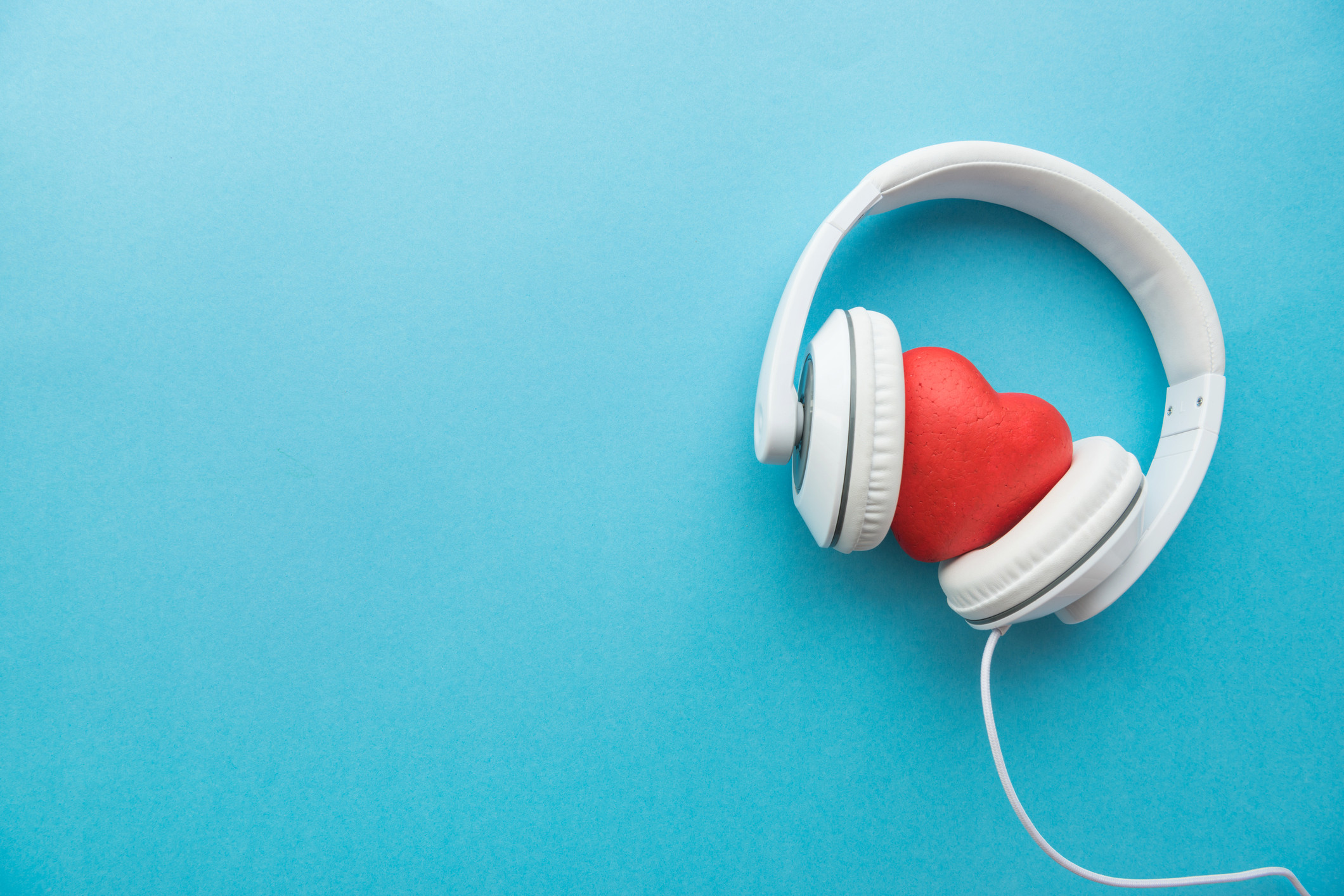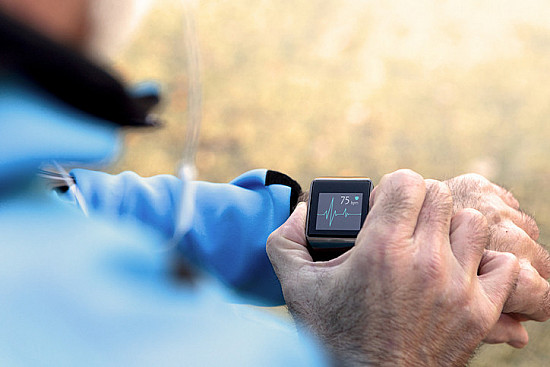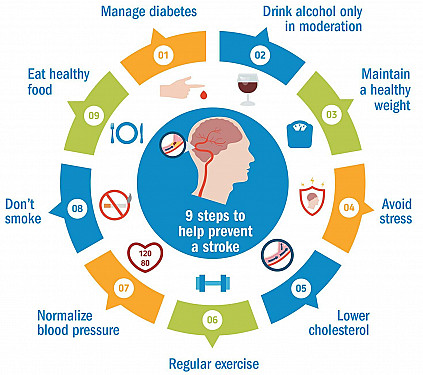Music and heart health

What's your "cheer up" song? That question popped up on a recent text thread among a few of my longtime friends. It spurred a list of songs from the '70s and '80s, back when we were in high school and college. But did you know that music may actually help boost your health as well as your mood?
Music engages not only your auditory system but many other parts of your brain as well, including areas responsible for movement, language, attention, memory, and emotion. "There is no other stimulus on earth that simultaneously engages our brains as widely as music does," says Brian Harris, certified neurologic music therapist at Harvard-affiliated Spaulding Rehabilitation Hospital. This global activation happens whether you listen to music, play an instrument, or sing — even informally in the car or the shower, he says.
Make my heart sing
Music can also alter your brain chemistry, and these changes may produce cardiovascular benefits, as evidenced by a number of different studies. For example, studies have found that listening to music may
- enable people to exercise longer during cardiac stress testing done on a treadmill or stationary bike
- improve blood vessel function by relaxing arteries
- help heart rate and blood pressure levels to return to baseline more quickly after physical exertion
- ease anxiety in heart attack survivors
- help people recovering from heart surgery to feel less pain and anxiety.
Notable effects
Like other pleasurable sensations, listening to or creating music triggers the release of dopamine, a brain chemical that makes people feel engaged and motivated. As Harris points out, "An exercise class without music is unimaginable." Sound processing begins in the brainstem, which also controls the rate of your heartbeat and respiration. This connection could explain why relaxing music may lower heart rate, breathing rate, and blood pressure — and also seems to ease pain, stress, and anxiety.
What music resonates for you?
But preference matters. Research suggests that patient-selected music shows more beneficial effects than music chosen by someone else, which makes sense. According to the American Music Therapy Association, music "provokes responses due to the familiarity, predictability, and feelings of security associated with it."
In the cardiac stress test study (done at a Texas university), most of the participants were Hispanic, so the researchers chose up-tempo, Latin-inspired music. In the artery relaxation study, which tested both classical and rock music, improvements were greater when classical aficionados listened to classical music than when they listened to rock, and vice versa. Someone who loves opera might find a soaring aria immensely calming. "But quite frankly, if you don't care for opera, it could have the opposite effect!" says Harris.
There's no downside to using music either to relax or to invigorate your exercise routine, provided you keep the decibel level in a safe range. You might even consider using your heart health as an excuse to splurge on a new sound system.
About the Author

Julie Corliss, Executive Editor, Harvard Heart Letter
Disclaimer:
As a service to our readers, Harvard Health Publishing provides access to our library of archived content. Please note the date of last review or update on all articles.
No content on this site, regardless of date, should ever be used as a substitute for direct medical advice from your doctor or other qualified clinician.














.jpg)

